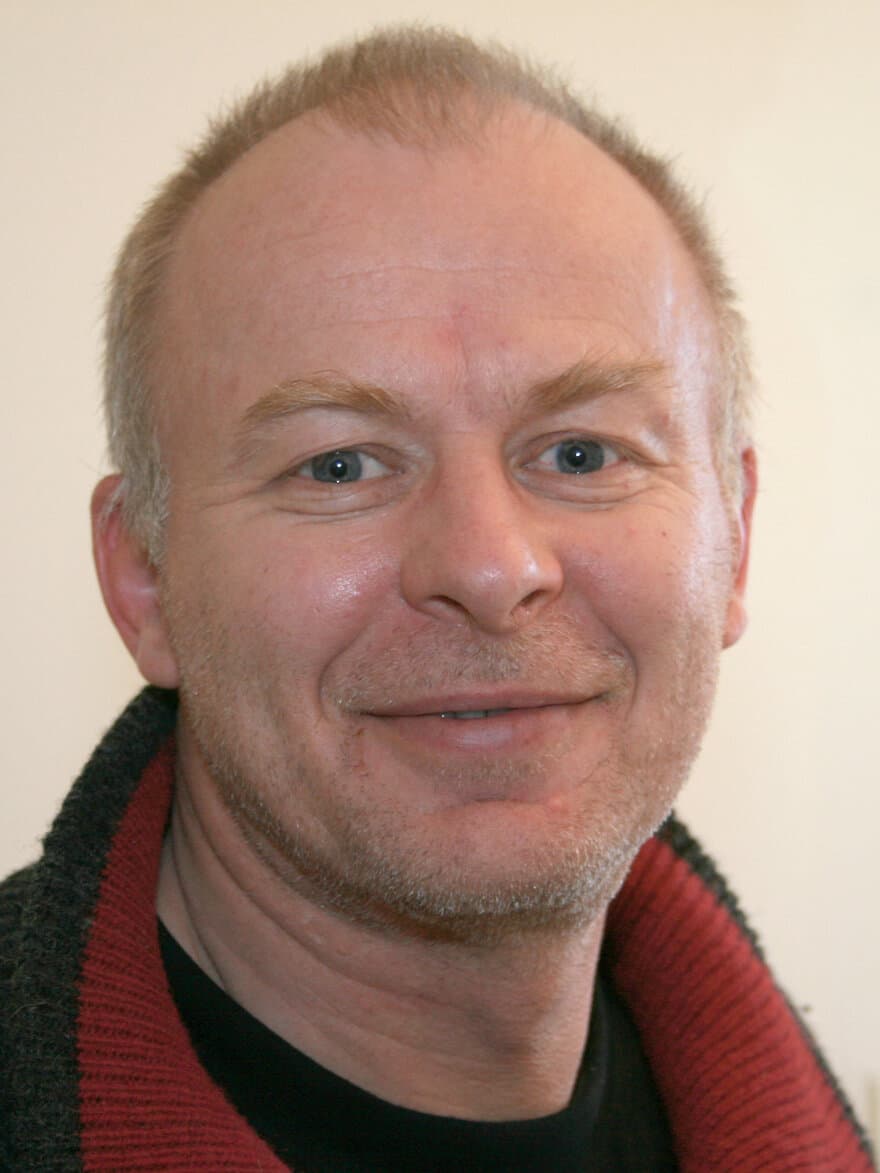
- Drøvtyggerernæring og fysiologi
Øystein Holand forsker og underviser innen ekstensive produksjonssystemer for å bidra til en bærekraftig utnytting av våre utmarksbeiteressurser. Han er opptatt av samspillet mellom beitedyr (rein og sau) og beitegrøda og hvordan tetthetsavhengige og uavhengige faktorer påvirker beitedyras livshistorie og dermed produksjonsresultatet. I tillegg arbeider han reproduksjonsstrategier hos polygyne arter, med rein som modelldyr. Han er leder av Nordic Centre of Excellence, ReiGN.
......................................................................................................................................................................
My research interest lays at the nexus of ecology, evolution, behaviour and nutrition of large northern ungulates, especially semi-domestic reindeer. In heavily managed large herbivore populations, evolutionary and ecological constraints differ from natural populations as the sex ratio and age structure is normally manipulated, and artificial selection is at work. This has implications for their life history strategies, as shown for semi-domestic reindeer by our group. In particular, features related to reproduction, such as conception date and -rate, and rut synchronization, sex ratio and gestation length, factors influencing timing and synchrony of birth as well as birth rate and birth weight.
We have studied reproduction ecology of reindeer since 1996 at Kutuharju Reindeer Research Station (Finland), and found that (i) male reproductive success increase with dominance status; and (ii) there was no evidence of inbreeding avoidance. By manipulating the male composition during the rut, we showed that (iii) females avoid mating with young males, and (iv) the presence of younger males increases body mass loss for both female and male reindeer. Using GPS collars with activity sensors we have demonstrated (i) fission-fusion group dynamics in reindeer, (ii) harassment avoidance increasing group cohesiveness, (iii) that it is costly to form larger groups, and (iv) existence of female mating tactic trade-offs between foraging competition and harassment avoidance. We are now developing this project into experimental testing of mating system theory predictions; specifically: how does intensity of intra-sexual aggression in both sexes change with operational sex ratio (OSR), and how will this relate to sperm viability and competition.
Pastoral systems worldwide face increasing pressures from globalization and climate change. The change in climatic conditions is expected to interact with density effects, and the grazing systems’ adaptability and flexibility will vary regionally. In northern Fennoscandia reindeer is, ecologically, the key large herbivore species, greatly influencing ecosystems and supplying critical ecological services. It is essential, for the sustainability of reindeer husbandry, to understand the biological and social-ecological processes driving this pastoral system. A combination of different approaches and disciplines is needed to increase our understanding of how the reindeer husbandry systems are affected and connected to globalization and climate change.
As a PI of the interdisciplinary multisite Nordic Centre of Excellence, ReiGN, I do hope to initiative and add momentum for an holistic understanding of drivers connected to globalization and climate change that affect reindeer husbandry in Fennoscandia, and how these drivers are linked to ecological, social and political differences between the countries.